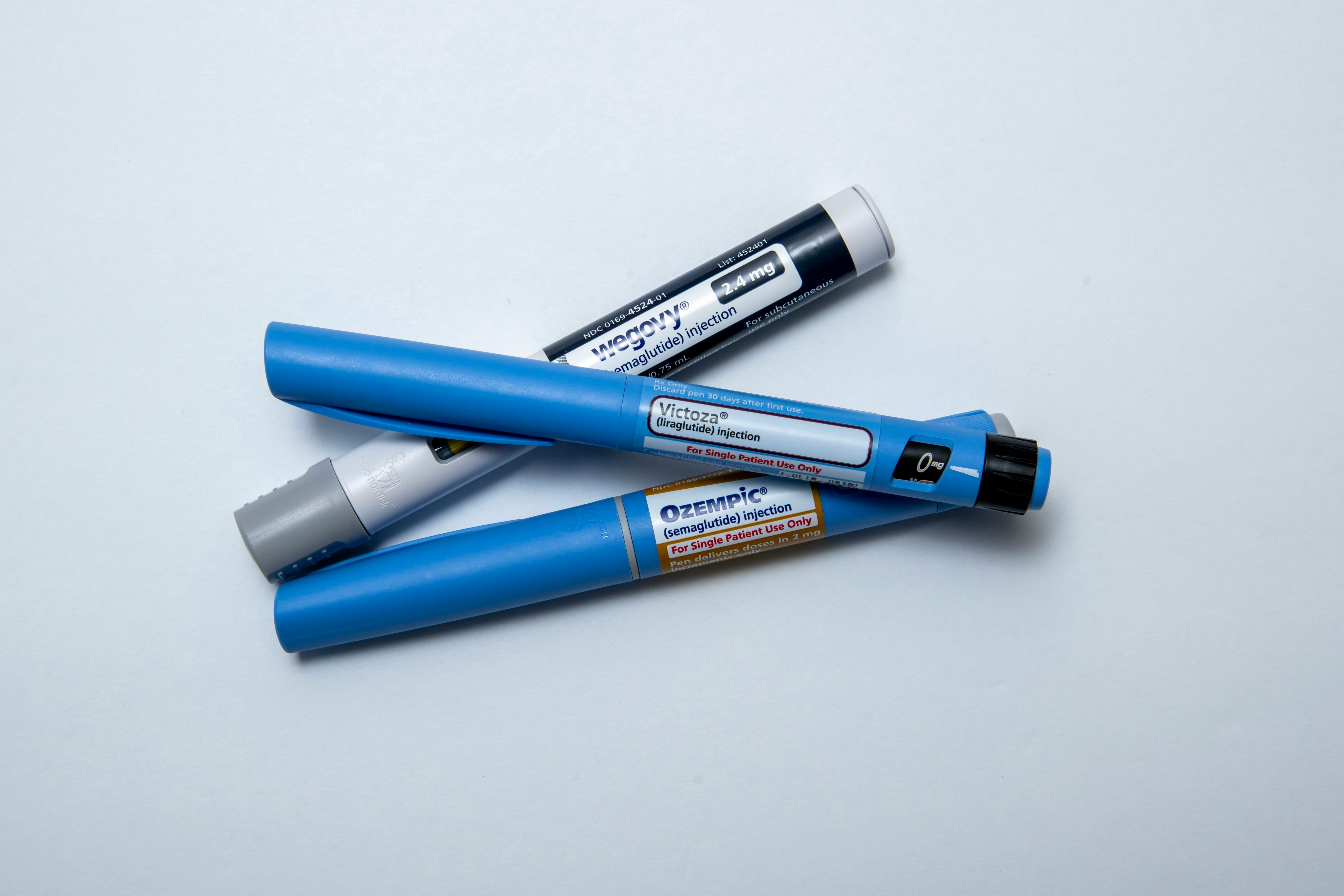
Ozempic was first approved to treat type 2 diabetes in 2017, but it’s garnered most of its recognition in recent years as a weight-loss drug. Now, as more people are taking it and scientists are studying its effects in greater detail, the drug is showing promise in helping a variety of diseases. The most recent? Combatting addiction behaviors.
In a new paper published today in the journal Addiction, researchers from Loyola University in Chicago found that for a group of people with opioid use disorder who used Ozempic, they had a 40 percent lower rate of overdose compared to those not on the weight loss drug. Further, in a group of people with alcohol use disorder, those on the medication had a 50 percent lower rate of alcohol intoxication compared to those without a prescription.
The retrospective study analyzed data from electronic health records of over 1 million people between January 2014 and September 2022. The authors looked at information on 503,747 people with a history of opioid use disorder and 817,309 people with a history of alcohol use disorder. Of those two groups, 8,103 people with opioid use disorder and 5,621 with alcohol use disorder had a prescription for a GLP-1 receptor agonists or GIP.
The drug class, known as glucagon-like peptide-1 (GLP-1) receptor agonists, interact with the brain to boost satiety and increase satisfaction after eating. However, research also suggests that glucagon-like peptide-1 receptor agonists, as well as another class of similar drugs called glucose-dependent insulinotropic polypeptide (GIP) agonists, show promise when it comes to combatting addiction behaviors, though researchers don’t currently know the underlying mechanisms.
This finding follows research in animals that has also demonstrated GLP-1 and GIP receptor agonists’ ability to deter addictive behavior. For example, one 2020 study published in the journal Translational Psychiatry found that a weekly treatment of a GLP-1 receptor agonist medication slashed alcohol consumption and preference in both male and female rats.
The authors note that because this is a retrospective study, it can’t prove cause and effect. This means we still don’t know for sure that Ozempic and other GLP-1 receptor agonists are behind the lower rates of opioid overdose and alcohol intoxication nor the mechanisms through which they might be working. Future studies, including double-blind, placebo-controlled studies could help confirm these findings and hint at or discover a mechanism.







